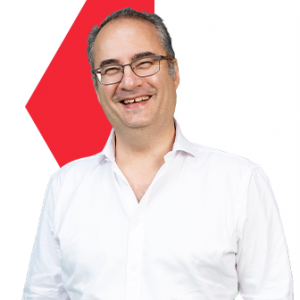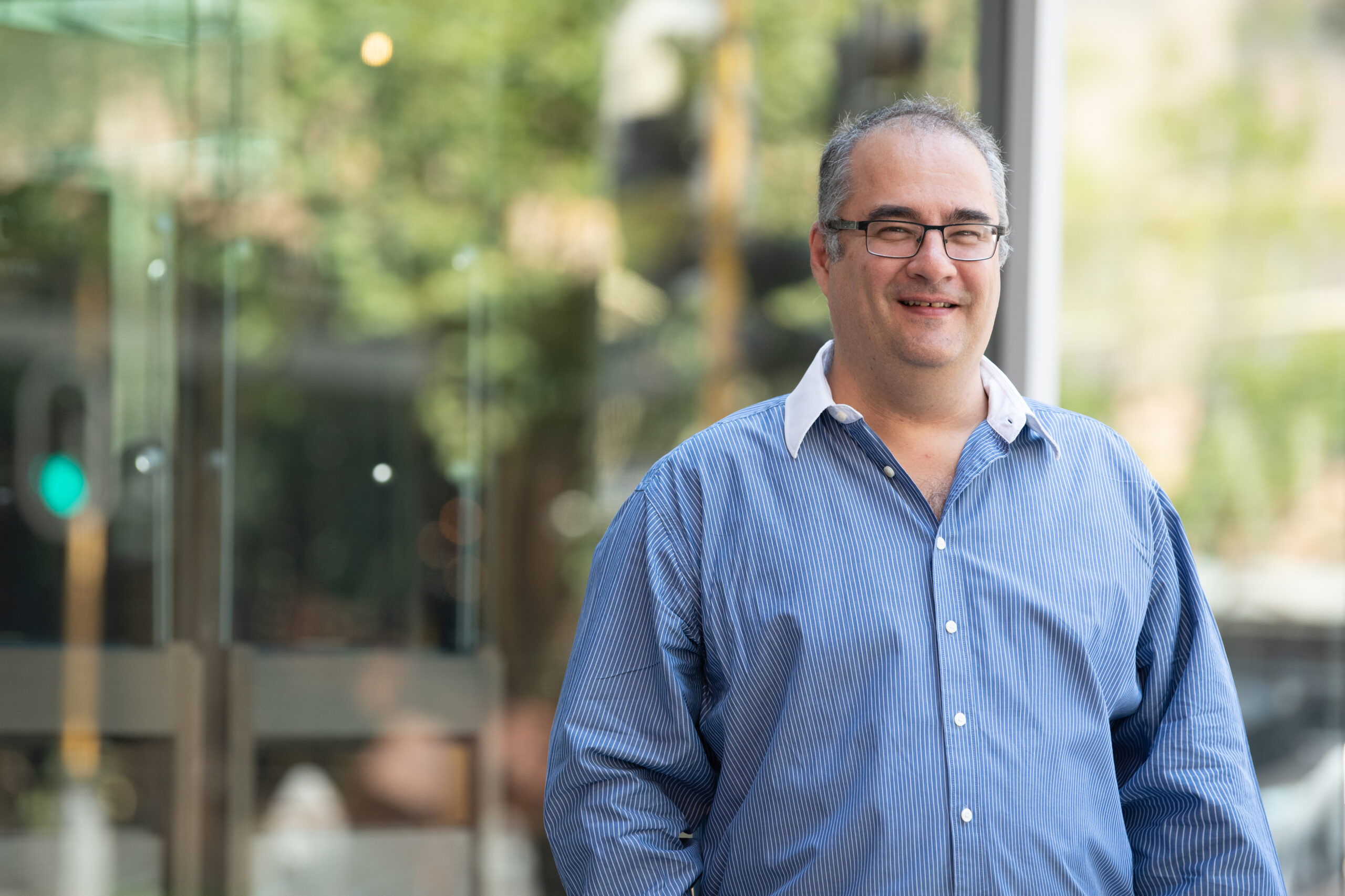
By Jake Shepherd
Is there a model for success? Are there things that successful people do, that others don’t? Over the years I have had the good fortune of interacting and working with amazing people. During this time, I have also read extensively on the topic of building people and creating an environment that fosters growth. This has enabled me to develop The Competent Team Player Model that is used extensively throughout our organisation.
This model looks at the following key areas:
- Competence: What do people need to do their jobs; and
- Teamwork: The virtues required to work effectively with others.
Competence
Competence can be broken down into capability (which can be something measured in timespan) and skill.
Timespan can be defined as “the length of time a person can effectively work into the future, without direction, using their own discretionary judgement to achieve a specific goal”.
From a Synthesis perspective, we look for people who either have a large timespan or have the potential to develop their timespan.
The second element of being competent is that of skills. A person might well have the capability to perform a specific role, but if they lack the skills then they will not have the opportunity to display this capability.
Skills can include technical knowledge and practice.
For example, the skill of driving a car requires someone to know the rules of the road. However, a person also needs to practice their driving skills. In Malcolm Gladwell’s book, “Outliers,” he highlights how a person would require 10 000 hours (10 years of constant practice) to master any reasonably complex skill.
In software development, this could be translated into a traditional career approach where a person would progress from being a junior, then intermediate, and ultimately a senior developer. This would be followed by becoming a team lead, architect, project manager, and so on as the person progresses up the ladder.
This ladder approach is something totally alien to Synthesis. It does not make much sense to constantly “promote” people into a role that they may not enjoy and in addition, may well be ill-equipped to handle.
Instead, at Synthesis we see a career as an opportunity to constantly pick up new skills and then apply them in practice where the old skills remain relevant. Consequently, there is a significant focus on continuous learning and skill development. By having these new skills, a person will be positioned to play more diverse roles each with their own challenges and opportunities.
Teamwork
Problems encountered in the software industry general cannot be easily solved by a single engineer sitting alone in a basement. The bringing together of multiple technologies, each with its own experts and expertise, must be combined to co-create solutions for clients. Inevitably, this requires teamwork.
Part of a teamwork approach entails being humble. Humble team members are quick to point out the contributions of others. They share credit, emphasise the team over the individual, and define success collectively rather than individually.
Being humble brings a competitive edge. Modern businesses need speed in order to compete. However, in a low trust environment, people tend to spend significant amounts of time on covering themselves. This trust is built on humility and vulnerability. As soon as a person is trusted, he leaves the other person vulnerable as that trust could be betrayed. But without trust, it is impossible to create an environment where agility, speed, and getting things done are the only focus points.
Team players are smart. Smart people tend to know what is happening in a group situation and how to deal with others in the most effective way. They have good judgment and intuition around the subtleties of group dynamics and the impact of their words and actions.
At Synthesis, we want people to contribute with their ideas and insights. We also want them to disagree with the ideas of others when appropriate. In addition, one of our core values is accountability. If someone, even if it is a manager, lets the team down, then people must speak up and hold them accountable.
Lastly, team players also need to be Hungry – always looking for more. More things to do. More to learn. More responsibility to take on. Employees looking to make themselves more valuable should take on as much of the headaches of those that they work with. Look out for things that are falling through the cracks and pick them up.
Building people
So how do we leverage the Competent Team Player Model to build people? Having a model allows us to share a common vocabulary and to bring more clarity to any discussions we have about our colleagues.
The second step is to identify the mitigation strategies and programmes needed to address these problems. We can now structure the best way to build ourselves and our team.
In the same way that not all of us are gifted musicians, not everyone has a timespan that stretches over many years. However, like physical fitness, it is possible to increase a person’s timespan through training, challenges, and practice. It is for this reason that we encourage moving people into new roles and tackling different projects.
Synthesis is a family. And just like a normal family we are not all perfect, we sometimes get on each other’s nerves. But we also sometimes take aim and shoot at each other with nerf guns. However, like a family, we are here to support and build each other. And this is where The Competent Team Player model is integral to our success.
Source Credits:
Elliot Jacques: Capability/Timespan and Skills
Patrick Lencioni: The Ideal Team Player






